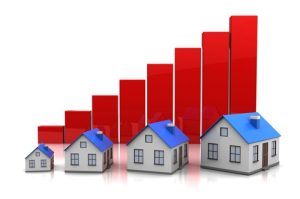
As retirement approaches, many homeowners begin exploring various options to secure financial stability. One option that often arises is a reverse mortgage, specifically for homeowners aged 62 and above, allowing them to convert part of their home equity into cash. With this option, however, a common question emerges: Are reverse mortgages safe?
In short, these mortgages come with several built-in protections intended to safeguard homeowners. Yet, as with any financial decision, it’s crucial to fully grasp the terms, responsibilities, and implications. Let’s explore some essential aspects of reverse mortgages, along with the protections they offer.
Federal Insurance on Reverse Mortgage
For a start, most reverse mortgages in the United States fall under FHA-insured Home Equity Conversion Mortgages (HECMs). This FHA insurance ensures protection if a lender defaults, offering security to the homeowner. Additionally, if the balance of the loan exceeds the home’s value upon sale, the insurance covers the shortfall, preventing the borrower or their heirs from owing more than the home’s worth.
Read More Are Reverse Mortgages Safe? Understanding the Risks and Protections








 When homeowners look to tap into their home equity, two common options often come to mind: a traditional home equity loan and a reverse mortgage. While both can help access funds tied up in your home, they serve different purposes and cater to distinct financial needs.
When homeowners look to tap into their home equity, two common options often come to mind: a traditional home equity loan and a reverse mortgage. While both can help access funds tied up in your home, they serve different purposes and cater to distinct financial needs.